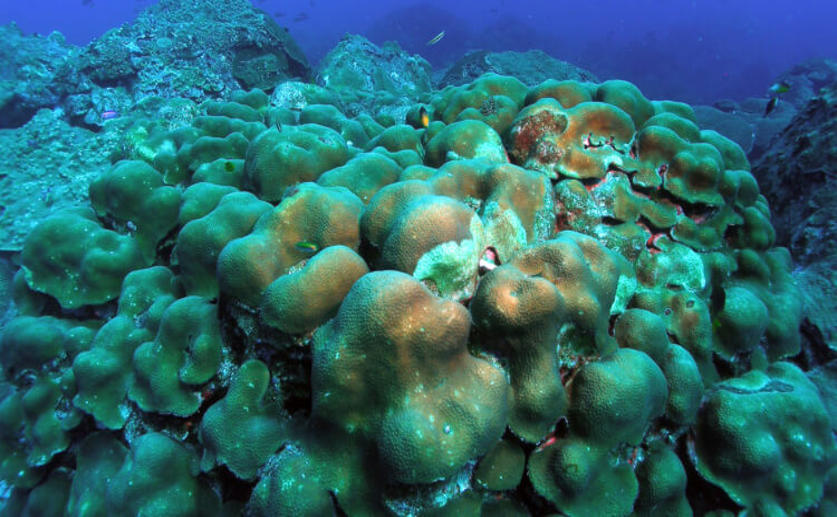
This archived news article is over 5 years old.
Some Coral Species Can Cope with Major Environmental Events, Allowing Reefs to Bounce Back
Stephanie Wolek
18th November, 2016


Stephanie Wolek
18th November, 2016
